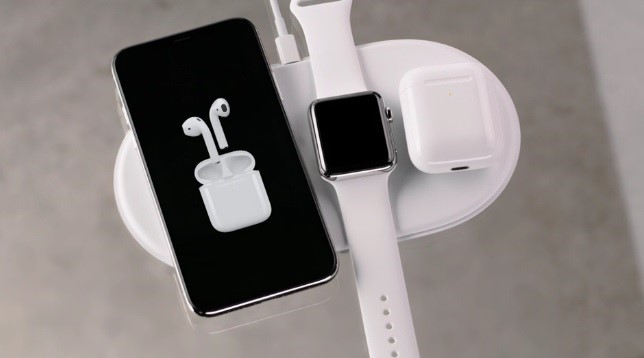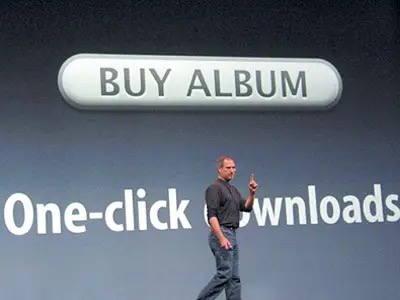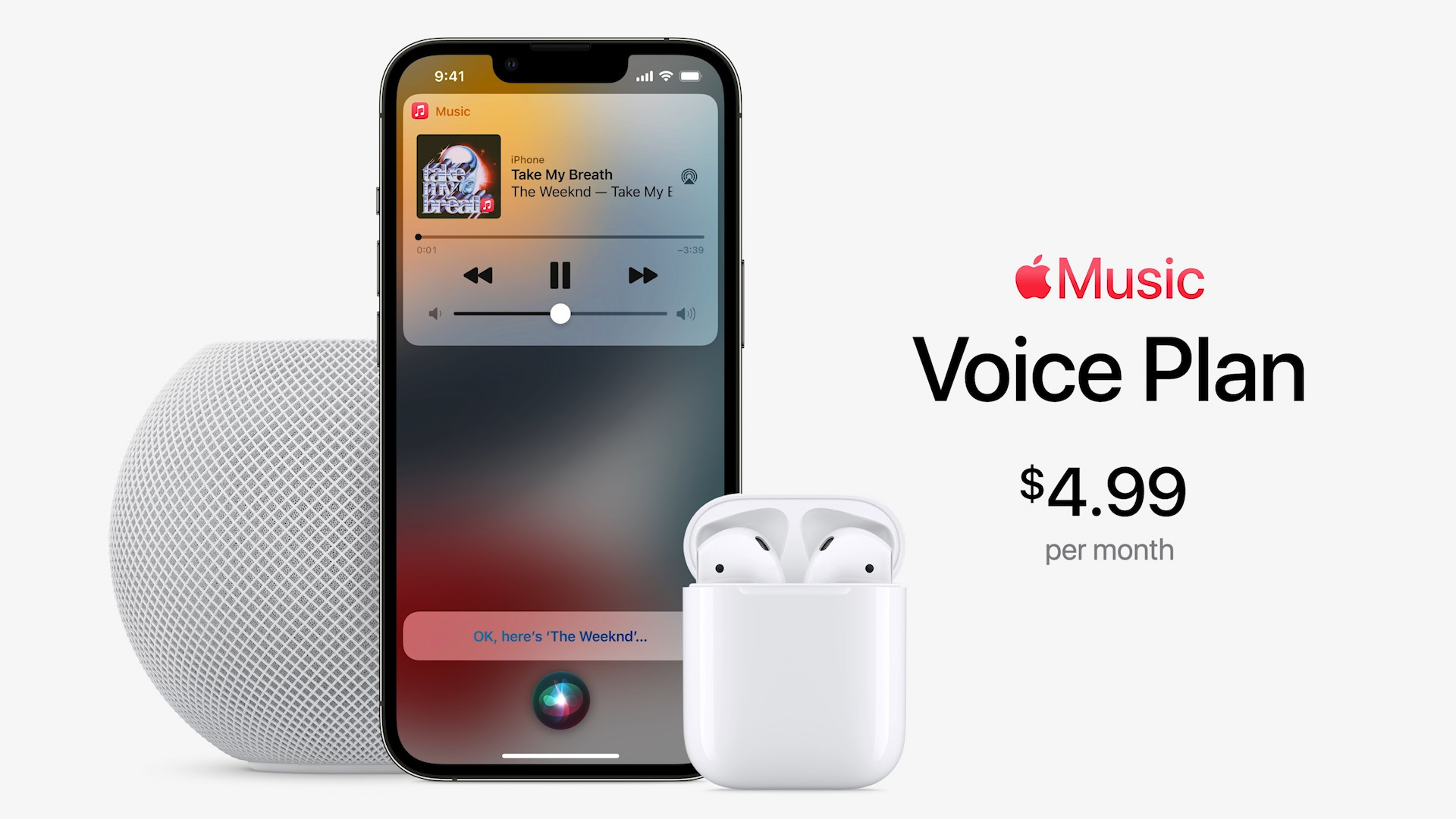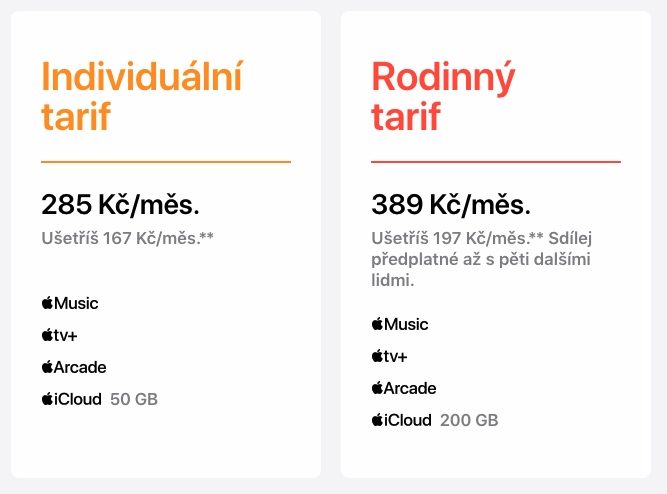Most of today's services and applications are available through a subscription model. Simply put, for access you need to pay at certain intervals, most often monthly or annually. It should be noted, however, that services and programs were not always available as a subscription, or vice versa. A few years ago, we used to buy applications directly, when we paid higher amounts, but usually only for the given version. As soon as the next one came out, it was necessary to invest in it again. Even Steve Jobs in 2003, during the introduction of the music store in iTunes, mentioned that the subscription form was not correct.
It could be interest you

Subscription in music
When the aforementioned iTunes Music Store was introduced, Steve Jobs made several interesting points. According to him, people are used to buying music, for example in the form of cassettes, vinyls or CDs, whereas the subscription model, on the other hand, does not make sense. As soon as you stop paying, you lose everything, which is of course not a threat in the case of iTunes. What the apple user pays for, he can listen whenever he wants on his Apple devices. But it is necessary to point out one thing. This situation took place in 2003, when it can be said that the world was nowhere near ready for music streaming as we know it today. There were several obstacles for this in the form of an Internet connection, or even tariffs with a reasonable amount of data.

The situation began to change only after more than ten years, when Apple was not even directly behind it. The subscription mode was popularized by the well-known duo behind Beats by Dr. headphones. Dre - Dr. Dre and Jimmy Iovine. They decided to develop the Beats Music streaming service, which had been in the works since 2012 and was officially launched in early 2014. However, the pair realized that they did not have that much power on their own, so they turned to one of the biggest technology giants, Apple. It didn't take long and in 2014 the Cupertino giant bought the entire company Beats Electronics, which of course also included the Beats Music streaming service itself. This was then transformed into Apple Music at the beginning of 2015, which officially made Apple switch to a subscription model.
However, it must also be added that the transformation of Apple Music into the world of subscriptions was nothing unique at the time. A number of competitors relied on this model long before that. Among them, we can mention, for example, Spotify or Adobe with their Creative Cloud.
It could be interest you

Prospects for the future
As we already mentioned in the very introduction, today almost all services are being transformed into a subscription-based form, while the classic model is increasingly moving away. Of course, Apple also bet on this trend. Today, therefore, it offers services such as Apple Arcade, TV+, Apple News+ (not available in the Czech Republic), Apple Fitness+ (not available in the Czech Republic) or iCloud, for which Apple users have to pay monthly/yearly. Logically, it makes more sense for the giant. It can be expected that more people would rather pay smaller amounts monthly or annually than have to invest larger amounts in products from time to time. This can best be seen on music and movie streaming platforms like Apple Music, Spotify and Netflix. Rather than spend for every song or movie/series, we prefer to pay a subscription, which guarantees access to extensive libraries full of content.

On the other hand, there can be a problem with the fact that companies try to "trap" us as consumers in a given service. As soon as we decide to leave, we lose access to all content. Google is taking it to a new level with its Stadia cloud gaming platform. This is a great service that allows you to play even the latest games on older computers, but there is a catch. So that you have something to play at all, Google Stadia will give you a load of games for free every month, which you will continue to have. However, as soon as you decide to stop, even for one month, you will lose all the titles obtained in this way by the termination of the subscription.
It could be interest you

 Adam Kos
Adam Kos 